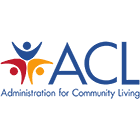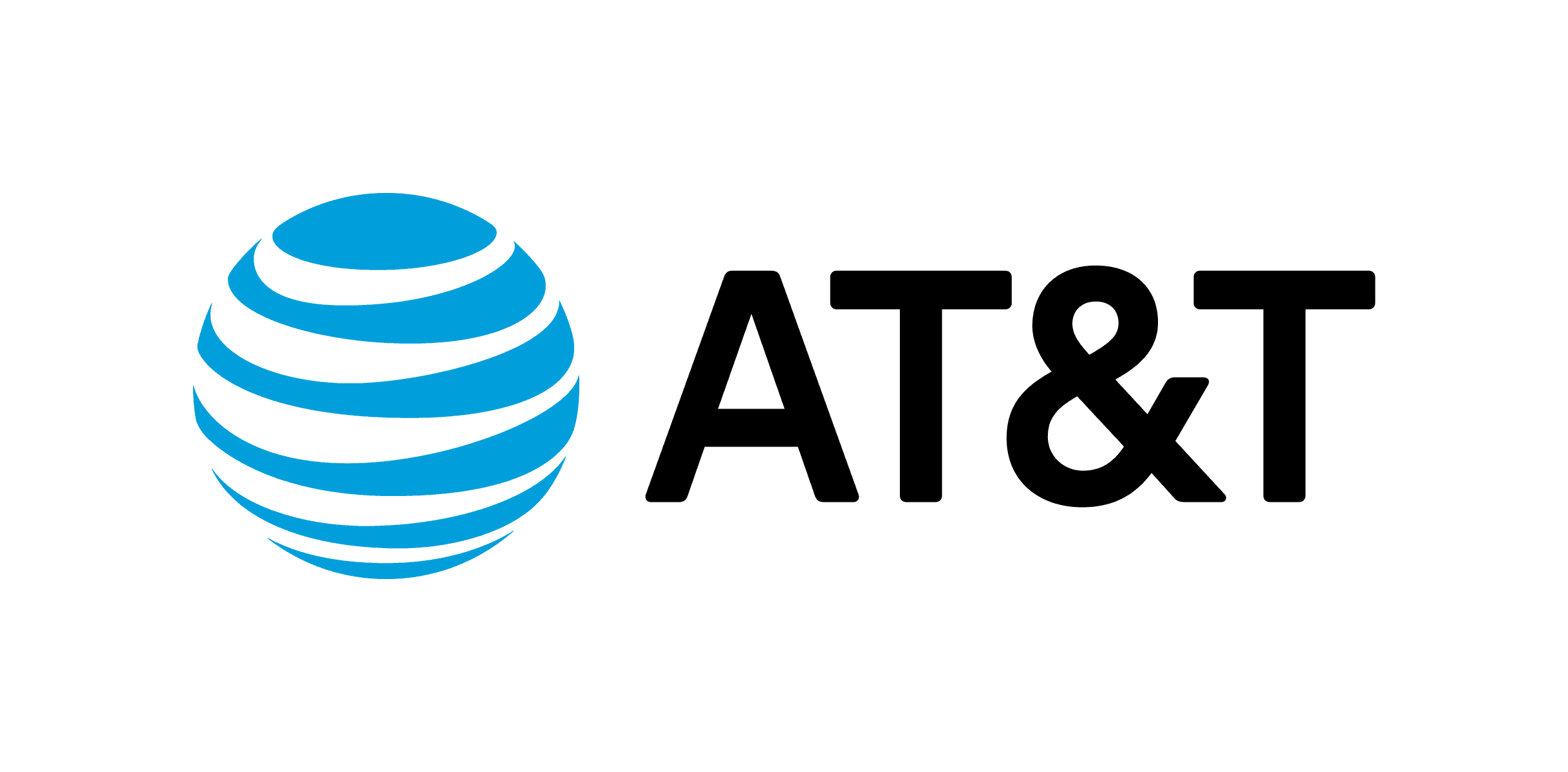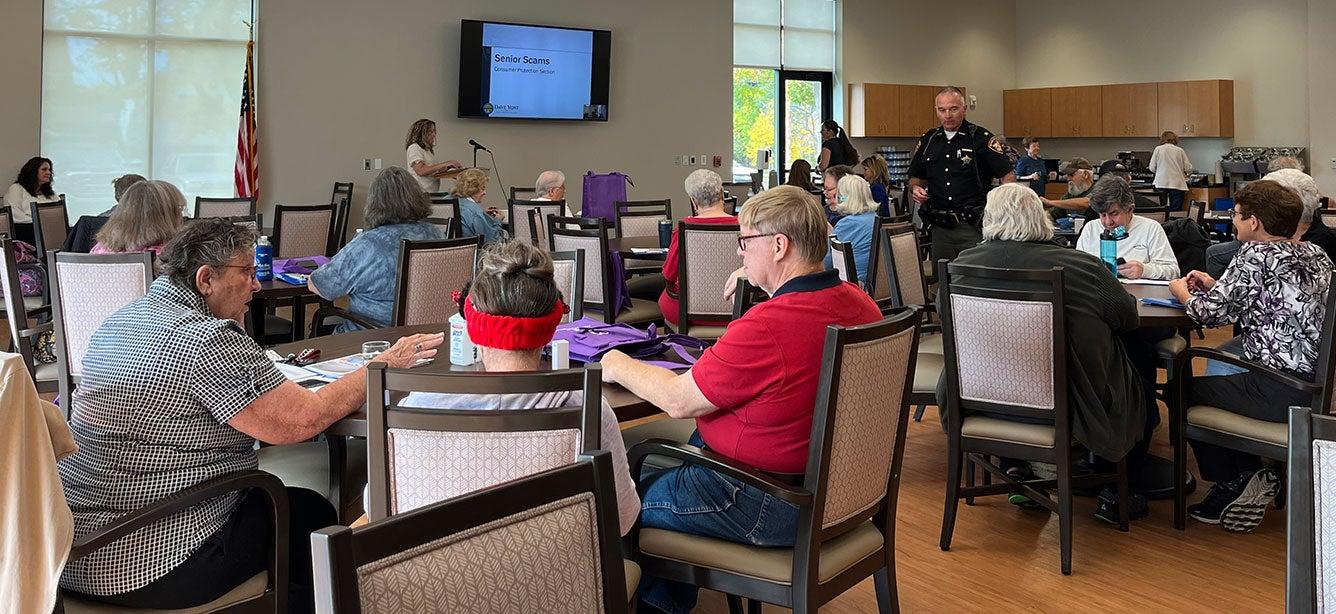Senior Centers
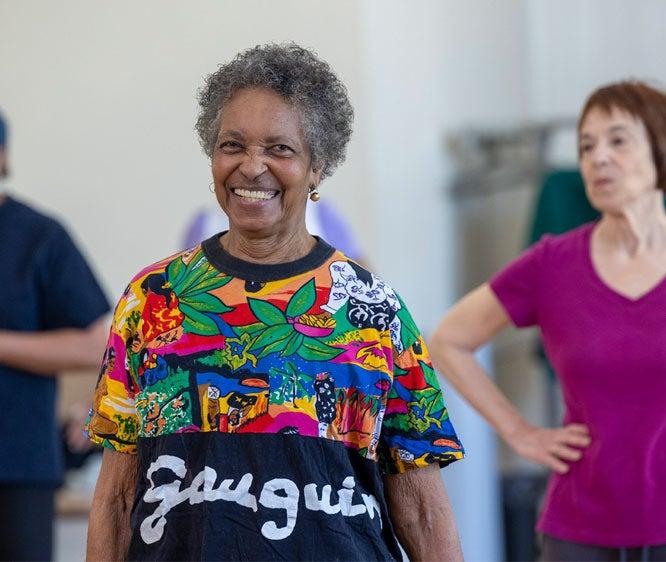
How NCOA Supports Centers and the Communities They Serve
Senior Centers in Your Community

What Can You Do at a Senior Center?
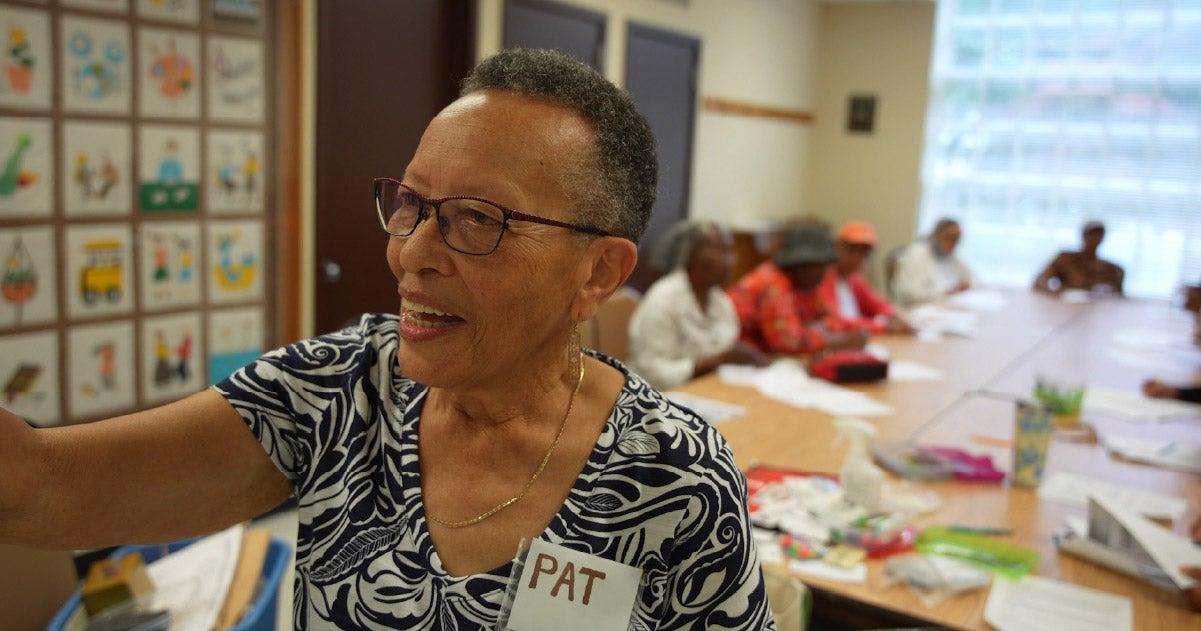
Celebrate National Senior Center Month
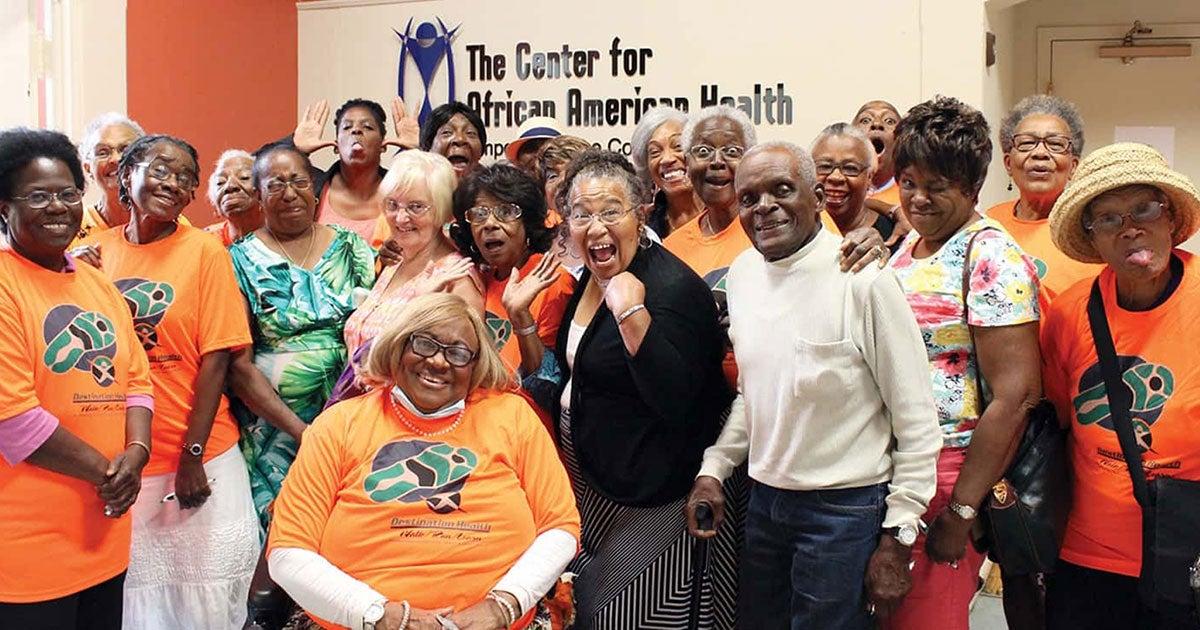
Senior centers, recognized by the Older Americans Act (OAA) as a community focal point, are one of the most widely used services among America’s older adults. Today, more than 11,000 senior centers serve more than 1 million older adults every day in their communities and neighborhoods.1
The benefits and impact of senior centers in your community
- Research shows older adults who participate in senior center programs can learn to manage and delay the onset of chronic disease and experience measurable improvements in their physical, social, spiritual, emotional, mental, and economic well-being.
- Today’s senior centers are reinventing themselves to meet the needs and desires of three generations of older adults. Baby Boomers now constitute more than two-thirds of the 50+ population. Senior centers are developing new programs and opportunities for this dynamic generation of older adults and have an eye towards the future with the leading age of Generation X turning 60 in 2025.
How NCOA supports senior centers nationwide
NCOA supports senior centers through the following initiatives:
- The National Institute of Senior Centers (NISC): The National Institute of Senior Centers (NISC) is the largest national membership organization dedicated to serving senior center professionals. Free to join, NISC supports senior centers with best practices and innovations in programming, as well and networking and training opportunities. NISC is setting the standard for the future of senior centers by promoting cutting-edge research, promising practices, professional development, and advocacy. NISC also offers the nation’s only National Senior Center Standards of Excellence Program.
- Modernizing Senior Centers Resource Center: Through a 2021-2024 cooperative agreement with the U.S. Administration for Community Living (ACL), NCOA established a national Modernizing Senior Centers Resource Center to provide leadership, training, technical assistance, and a clearinghouse of innovative programs and strategies.
Explore our resources below and help NCOA ensure senior centers have the capacity, tools, and support needed to meet the current and future needs of diverse older adults across the U.S.
Source
1. Grants.gov. HHS-2021-ACL-AOA-PPSC-0080, Modernizing Senior Centers Resource Center, Department of Health and Human Services, Administration for Community Living. May 27, 2021. Found on the internet at https://www.grants.gov/web/grants/view-opportunity.html?oppId=331088
NCOA Partners in Supporting Senior Centers
Helping Senior Centers Thrive
Visit NCOA's Modernizing Senior Centers Resource Center, a place where senior centers can get help to meet the ever-changing needs of older adults.
How Senior Centers Serve Older Adults
A Spotlight on Senior Centers
Senior centers are vibrant sources of well-being for older adults. Read the real-life stories on how they impact the lives of their participants and the communities they live in.
The Latest NISC News and Updates
Learn more about the industry best practices and the latest innovations in senior center programming, as well as networking and training opportunities.

What Does Aging Mean to You?
We’d love to hear from you. Tell us about a moment, a person, or an experience that’s shaped how you see aging. Your story could be featured on NCOA.org or in our newsletters and social channels to inspire others across the country.


